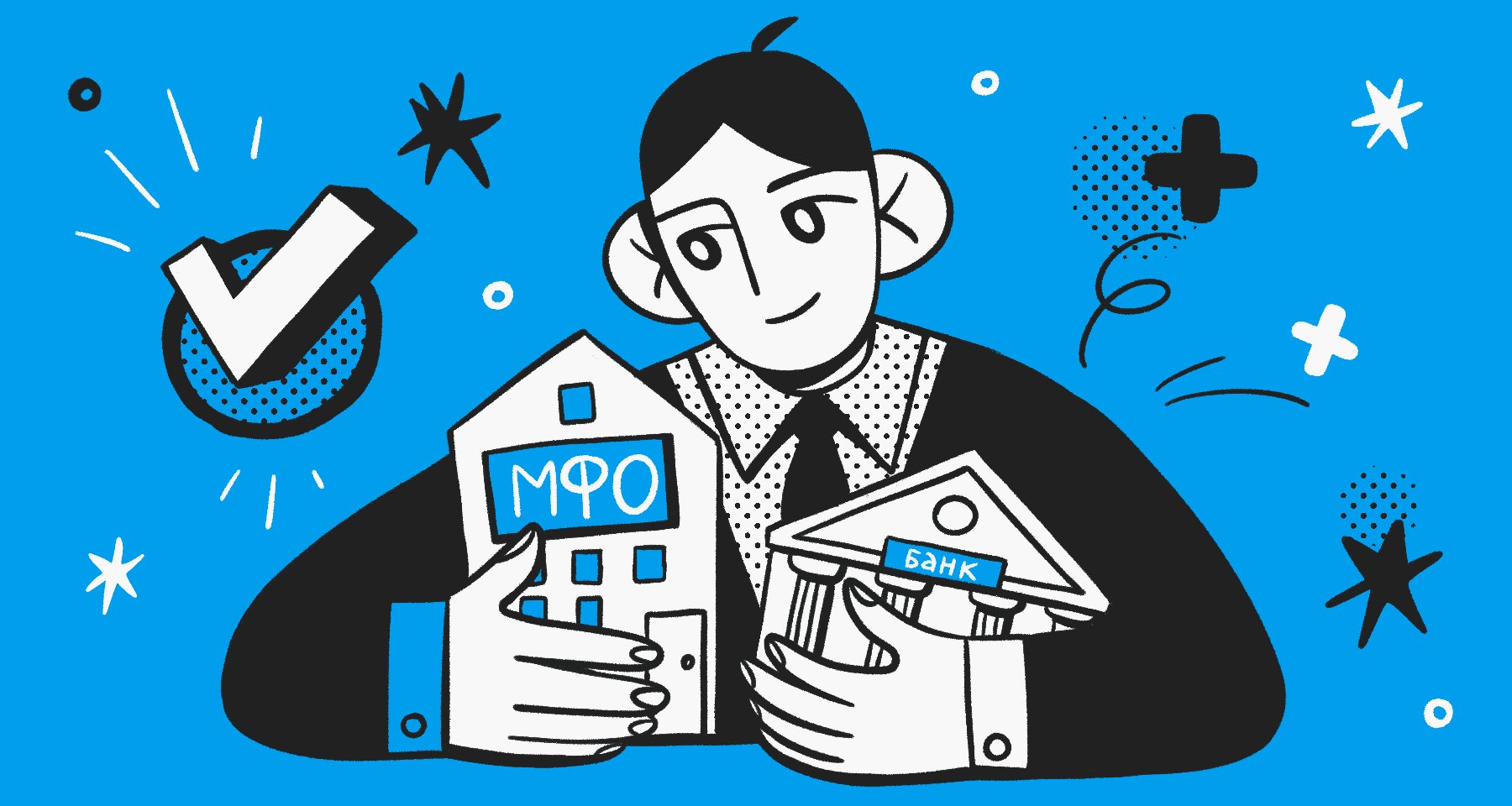MFO – what is a microfinance organization.


The financial system of Ukraine affects every citizen, even if they are not interested in such matters. For example, what is an MFO and how does it work.
Understanding what a microfinance organization (MFO) is primarily needs to be done by those citizens who are engaged in entrepreneurial activities. In general, understanding what an MFO is will be useful for everyone without exception.
What does MFO mean?

So, what is an MFO and why is it needed: microfinance organizations (MFOs) play an important role in the financial system of Ukraine, especially during times of economic instability. First of all, this is a popular system that is just gaining widespread recognition. It operates to obtain loans in the shortest Time possible. Therefore, understanding what an MFO is necessary for everyone who ever needs a loan or similar borrowing.
So, what does MFO mean: it is a non-banking financial institution that provides loans to individuals for small amounts and short terms. To put it even simpler, these are so-called microloans or microcredits. More citizens have definitely heard of such terms than the term MFO.
The main difference between MFOs and banks is that they are less demanding on clients: there is no need to provide a large number of documents, confirm incomes, or have an impeccable credit history. In other words, this is a maximally simplified system. Along with this, no matter how "attractive" this type of loan may sound, it has many peculiarities.

MFOs predominantly operate online, which simplifies the loan application process and allows the client to submit an application without leaving home.
What is the essence of such an organization?
Today in Ukraine there are quite a few such organizations. They usually have catchy names. This is not a classic bank, but a separate organization, which means it can dictate its own rules. And this is the most difficult part. Many clients think they are going for a loan from such an organization, thinking it is a bank with its loyal conditions. But in reality, MFOs have little in common with banks.
The process of obtaining a microcredit from an MFO consists of several simple steps:
-
The client visits the organization's website, chooses the amount and term of the loan, and then fills out a simple application form. This can also be done at a regular branch, if there is one nearby.
-
The MFO checks the submitted information, including personal data, credit history, and bank details. In other words, no matter what they claim, they do not issue loans to everyone.
-
In most cases, a decision on the application is made within a few minutes. If the application is approved, the money is credited to the specified bank account or card.

The most important thing to think about is how to pay back this loan. The client must repay the loan within the agreed timeframe with accrued interest. Most MFOs offer flexible repayment terms and the option to extend the payment period. This is where the commission comes into play.
What are the usual terms for such a loan?
Such organizations may have different names, but they usually operate on a similar principle. A standard term is from 7 to 30 days. This is the shortest term. Such loans are intended for covering urgent expenses and have the highest payments.
Often, such loans are taken for large purchases. Some MFOs offer larger loans but for a longer term (up to a year). They can be used for purchasing household appliances, repairs, or other major expenses. The commission can also be significant in this case.
There is also the concept of loan refinancing. For example, if a client has an old loan that they cannot repay. Then some MFOs offer refinancing—the opportunity to repay old loans with a new loan. Such help, while urgent, is not always a winning option.
Pros and cons of MFOs
Such organizations have both their advantages and disadvantages. Even bank loans are not always the most beneficial.

Let's start with the pros:
-
To obtain a loan from an MFO, a large number of documents is not required. Often, just a passport and identification code are sufficient.
-
Unlike banks, where the application review process can take several days, MFOs make a decision in a matter of minutes.
-
MFOs work with clients who may have a poor credit history or do not have a steady income at all.
Such organizations have the most minimal requirements. For example, no collateral or other classic lending instruments are needed. Also, these organizations have online services, which are quite useful in the process of applying for a loan.

Despite numerous advantages, microfinance organizations also have their downsides, which are important to consider before using their services. First of all, high-interest rates. The interest rate can range from 1% to 2% per day, which leads to significant overpayment if the client does not repay the money on time. Short repayment periods can also be considered a disadvantage.
Read also
- The editorial team of The New York Post urged Trump not to leave Ukraine
- Payment will be required for technical quality, as for drinking: Popenko spoke about the 'surprise' with tap water
- The Armed Forces of Ukraine struck a factory in Cheboksary that produces components for Shahed and Iskanders
- Bloomberg: OPEC+ significantly increased production, which will impact oil prices
- BlackRock has halted the search for investors for the Ukraine Recovery Fund: reason
- Ukrainians may be deprived of their only housing: an expert explained the dangers of the household law










